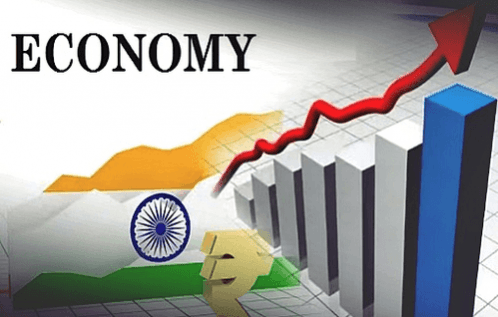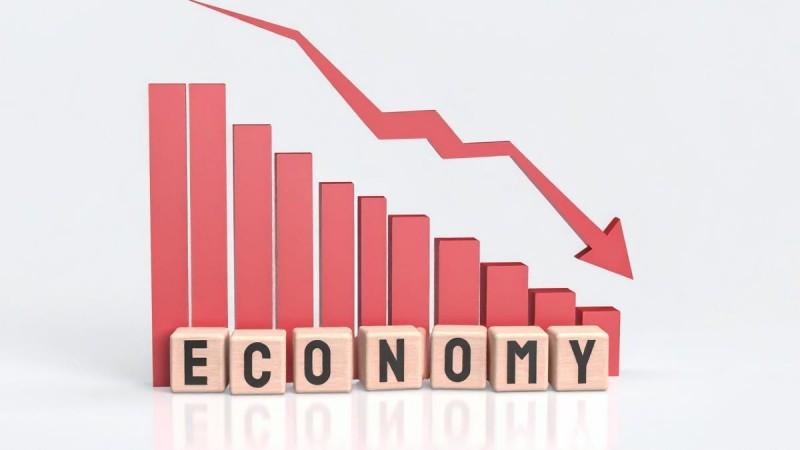
Despite external headwinds, India's economic growth rate in FY26 is expected to remain robust, supported by favourable domestic conditions, according to an IMF report released on Wednesday.
Under the baseline assumption of prolonged 50 per cent US tariffs, India's real GDP is projected to grow at 6.6 per cent in FY2025-26 before moderating to 6.2 per cent in FY2026-27, the report stated.
India's economy has continued to perform well. Following economic growth of 6.5 per cent in FY2024-25, real GDP expanded by 7.8 per cent in the first quarter of FY2025/26. Headline inflation has declined markedly, driven by subdued food prices. The financial and corporate sectors have remained resilient, supported by adequate capital buffers and multi-year low non-performing assets. Fiscal consolidation has advanced, and the current account deficit has been contained, supported by resilient service exports, the report added.
It highlighted that the reform of the goods and services tax (GST) and the resulting reduction in the effective rate are expected to help cushion the adverse impact of tariffs. Headline inflation is projected to remain well contained, reflecting the one-off effect of the GST reform and continued benign food prices. Looking ahead, India's ambition to become an advanced economy can be supported by advancing comprehensive structural reforms that enable higher potential growth, it said.

There are significant near-term risks to the economic outlook. On the upside, the conclusion of new trade agreements and faster implementation of structural reform domestically could boost exports, private investment, and employment. On the downside, further deepening of geoeconomic fragmentation could lead to tighter financial conditions, higher input costs, and lower trade, FDI, and economic growth. Unpredictable weather shocks could affect crop yields, adversely impact rural consumption and reignite inflationary pressures, the report added.
IMF's Executive Directors commended India's very strong economic performance and resilience, which has benefited from sound macroeconomic policies and reforms. Amid high uncertainty, the directors called for continued sound policies and noted that accelerated implementation of structural reforms will be critical to maintain stability and support India's ambition of becoming an advanced economy.
The IMF has concurred with the government's plans for continued fiscal consolidation this year, while noting that achievement of the fiscal deficit target will require strong spending discipline. While welcoming the recent simplification of the goods and services tax (GST), they called for careful monitoring of the fiscal impact of the reduction in GST and personal income tax rates.
The IMF has also supported the RBI's data-dependent approach to monetary policy. They generally felt that, if tariffs persist at current levels, there would likely be scope for further monetary easing amid benign inflation dynamics. It has broadly recommended continued efforts to enhance monetary transmission, as well as greater exchange rate flexibility to help the Indian economy absorb external shocks, with interventions aimed at addressing disorderly market conditions consistent with the Integrated Policy Framework.
(With inputs from IANS)

















